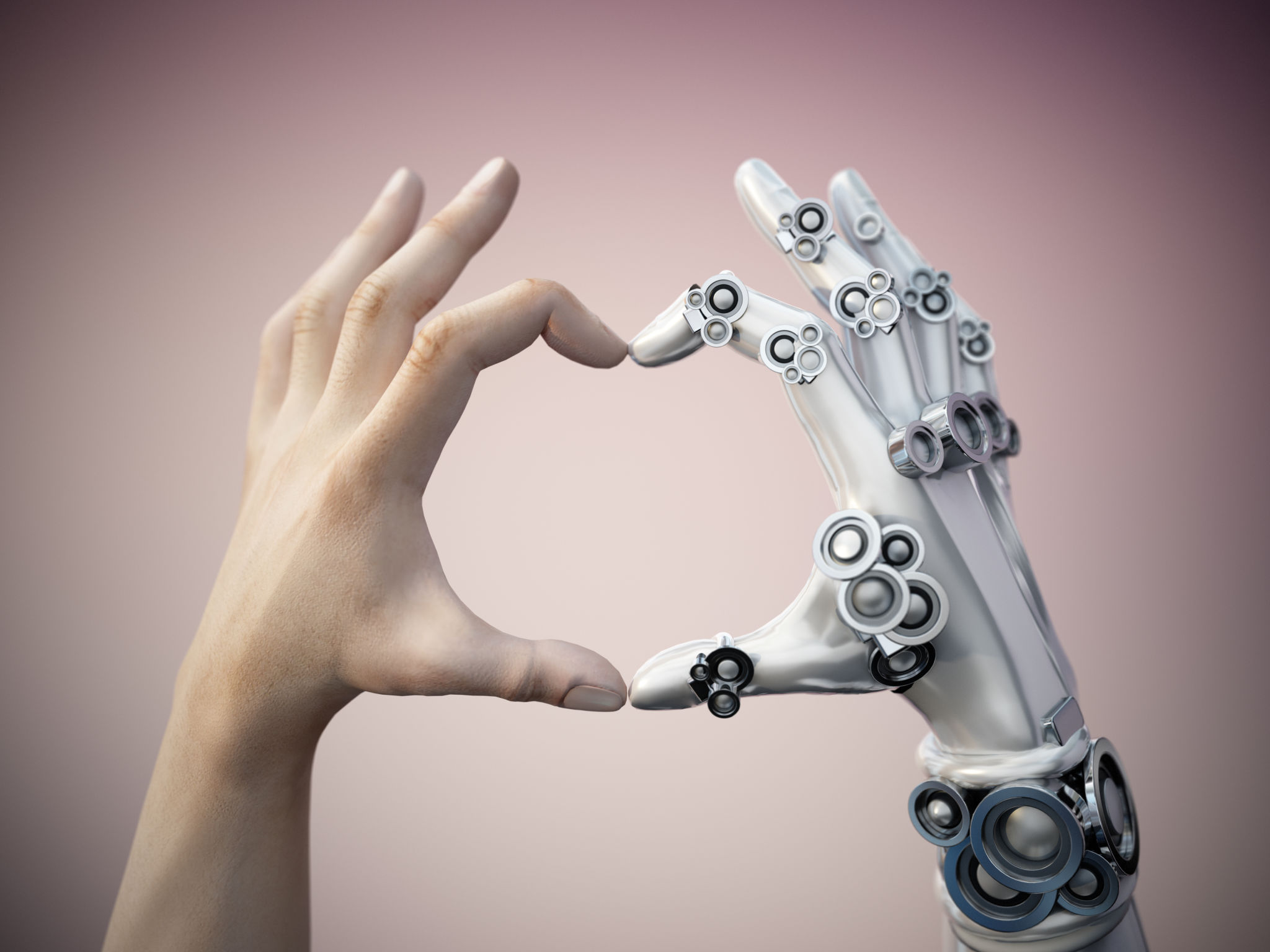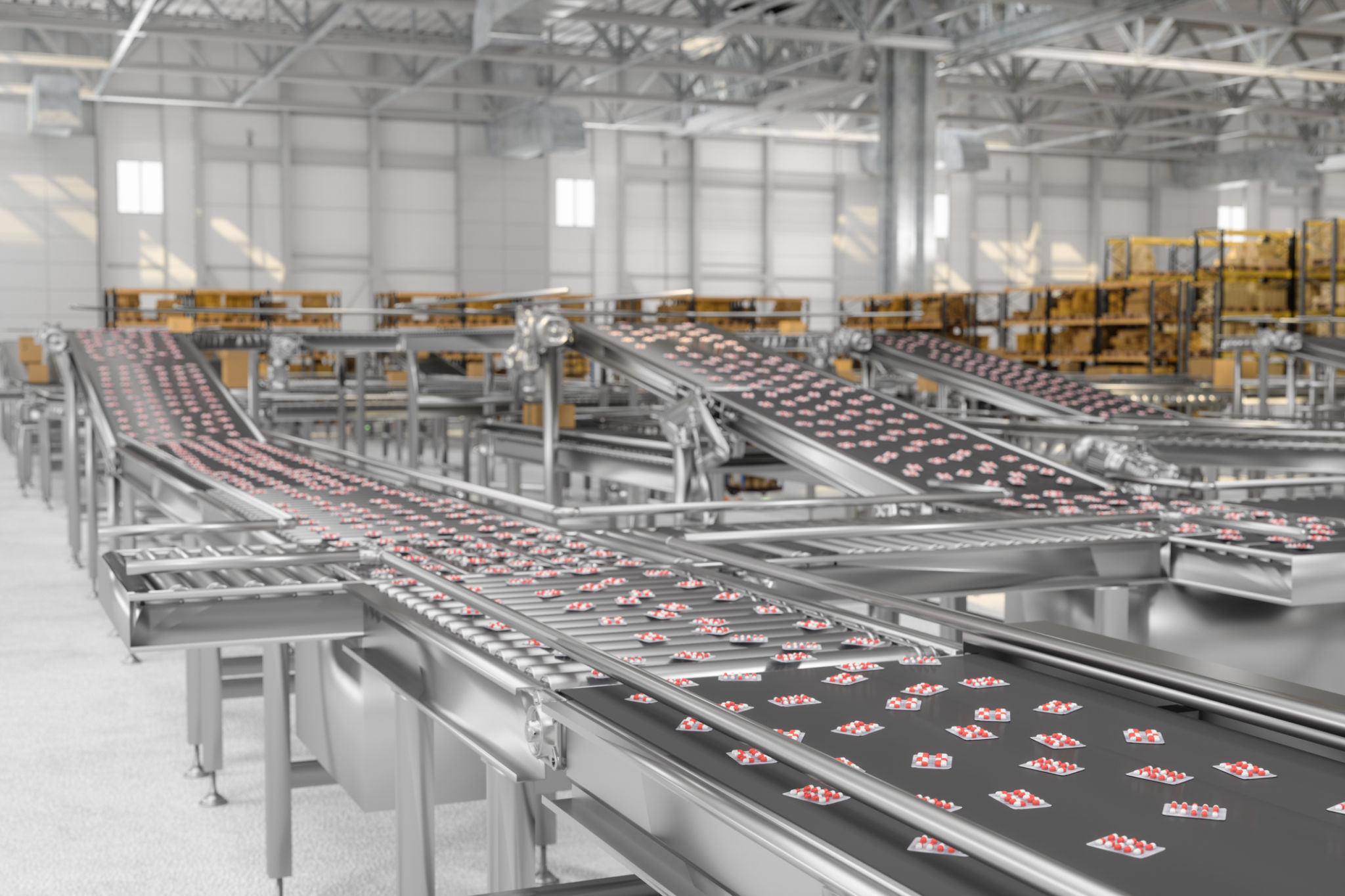What Industries Benefit from Industrial Robots? A Comprehensive Guide
Introduction to Industrial Robots
Industrial robots have become an integral part of modern manufacturing and production processes. These advanced machines are designed to perform tasks with precision, speed, and efficiency, transforming the landscape of numerous industries. As technology continues to evolve, the adoption of industrial robots is expanding, providing various sectors with innovative solutions to enhance productivity and reduce costs.

Automotive Industry
The automotive industry was one of the first sectors to embrace industrial robots. From welding and painting to assembly and inspection, robots have streamlined production lines and increased output. These machines ensure that vehicles are manufactured to exact specifications, minimizing errors and enhancing quality. As a result, automotive manufacturers can produce cars faster and more efficiently.
Robotic Welding and Assembly
Robotic welding systems have revolutionized the way car bodies are constructed. With their ability to perform complex welds quickly and accurately, these robots have become indispensable on the production floor. Additionally, robotic arms are used extensively in assembly lines to handle repetitive tasks, allowing human workers to focus on more complex activities.

Electronics Industry
The electronics industry benefits significantly from robotic automation. Given the complexity and delicacy of electronic components, robots are ideal for tasks such as soldering, testing, and quality control. This precision ensures that electronic devices meet stringent quality standards and function as intended.
Precision Soldering and Testing
Industrial robots can execute precision soldering tasks with a high degree of accuracy, reducing the risk of defects. Testing processes, which require meticulous attention to detail, are also enhanced by robotic systems, ensuring that each component performs correctly before it reaches the consumer.

Food and Beverage Industry
In the food and beverage industry, robots are employed to manage tasks such as packaging, sorting, and palletizing. The use of robots reduces human error and contamination risks, ensuring that food products are handled safely and efficiently.
Automated Packaging and Sorting
Robots equipped with advanced sensors can sort and package products quickly and accurately. This automation not only speeds up the process but also ensures that products are packaged consistently, maintaining brand standards and customer satisfaction.

Pharmaceutical Industry
The pharmaceutical industry relies on industrial robots to handle delicate processes such as drug formulation, filling, and packaging. Robots ensure that medications are produced under strict conditions, adhering to regulatory standards and reducing the risk of contamination.
Safe Handling and Packaging
With the ability to work in sterile environments, robots perform tasks that require high levels of precision and cleanliness. This capability is crucial in pharmaceutical production, where even minor contamination can have severe consequences.

Conclusion
Industrial robots are transforming a wide range of industries by improving efficiency, precision, and safety. From automotive and electronics to food and pharmaceuticals, these advanced machines are reshaping the way products are manufactured and delivered. As technology continues to advance, the role of industrial robots will only grow, offering new opportunities for innovation and improvement in various sectors.
